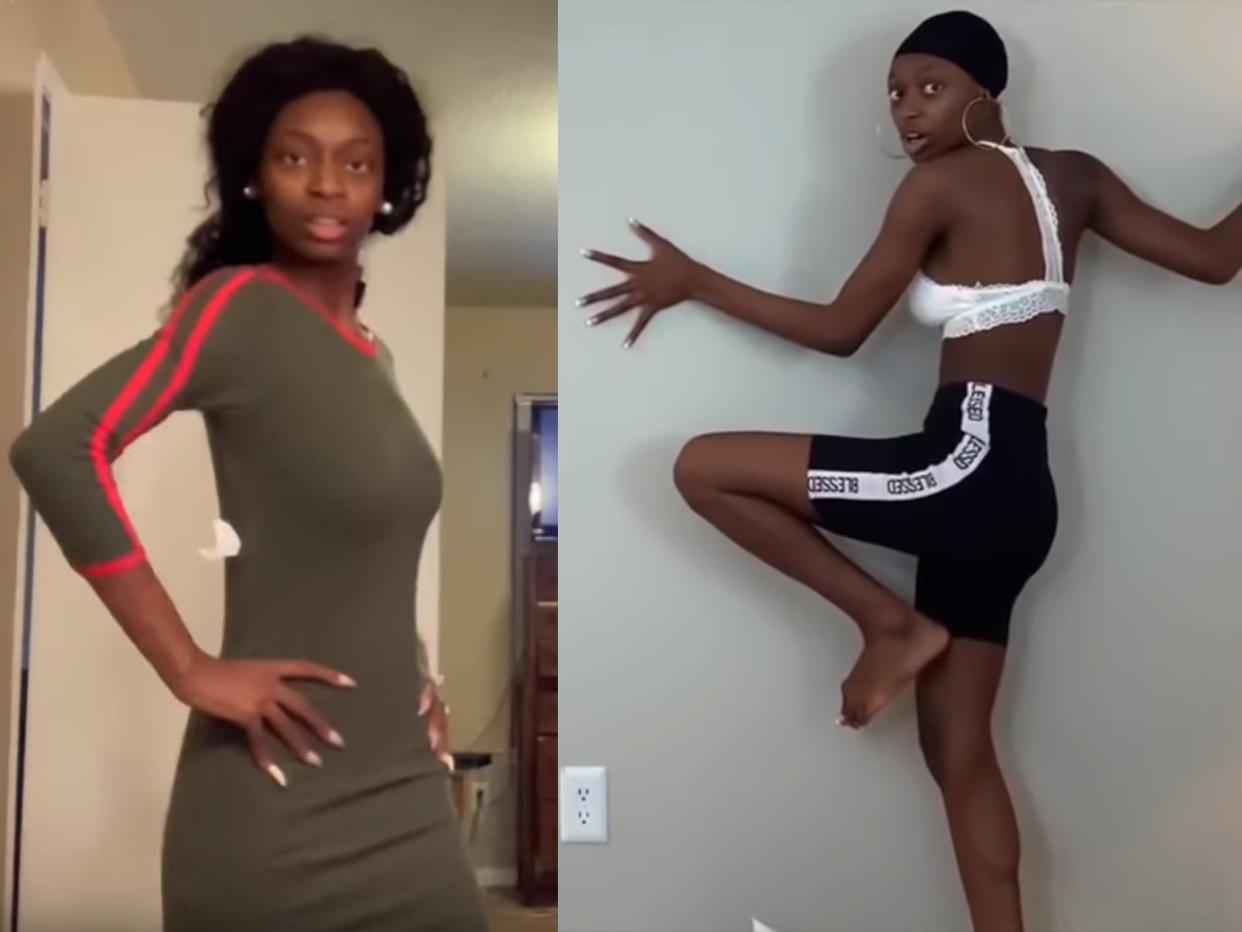The viral stars of Black Twitter are finally being recognised – and that’s worth celebrating

Take a second to trawl through the #TwitterMomentsOfTheDecade and pretty soon you’ll notice it. Between every Drag Race meme and tweets from the disgruntled fans of Vine stars of yesteryear there’s also a seemingly endless supply of noteworthy moments from what has come to be known as “Black Twitter”.
Take a closer look and you’ll find contributions from some of the biggest internet stars: Kayla Nicole Jones, literally the face of Twitter and Instagram memes thanks to her boundlessly expressive features and relatable dance moves; the undefeated king of internet thirst and the “Ah hah, hah” laugh, Anthony “Spice” Adams; and, after a recent resurgence, Osita Iheme and Chinedu Ikedieze, the Nigerian duo famed first for their comedic timing in Nollywood films such as Aki Na Ukwa. And I’m just scratching the surface here.
The black diaspora’s contribution to pop culture has long been noted and furiously dissected, but what’s changed now is that the black creators of these meme-worthy moments have achieved the rare feat of gaining recognition for their talents.
If you cast your mind back to the start of the decade, things looked a little different. Although a small handful of black creators were able to turn their internet fame into success, many more – in particular those who were unsuspecting citizens risen to fame through viral news clips, in some cases in response to tragedies – were simply exploited. Antoine Dodson, the red bandana-wearing man you’ve probably seen in garish autotune remixes of his account of a man attempting to rape his sister, is perhaps the most memorable example. Though Dodson has since emerged as a controversial figure, the exploitation of his original broadcast interview spoke volumes about the currency of blackness on the internet at the time.
One by one, incident after incident, more faces and catchphrases were rolled out. Internet users were delighted by these new opportunities to use what is now known as “digital blackface” – that is, non-black people exclusively using gifs or memes of black people, often spreading stereotypes (subconscious or otherwise) about blackness in the process – and it just kept growing in popularity. By 2012, two years after Dodson’s first appearance on camera, eyewitness stars such as Kimberly “Sweet Brown” Wilkins (of “ain’t nobody got time for that” fame) arrived. In 2013, it was Charles Ramsey, whose rescue of missing teens was, once again, reduced to a clickable comedic moment. In 2016, it was the turn of Michelle Dobyne, a black mother-of-three whose reaction to escaping her burning apartment building with them was also soon labelled “hilarious”.
We’ve been through a similar process in the UK. As historian Jade Bentil pointed out on Twitter, one popular meme emerged from a news clip broadcast in the aftermath of the Grenfell disaster. You’re more likely to recognise it as a convenient way to express dissatisfaction in light online chat, rather than an expression of grief and anger at “the numerous institutional and systemic conditions” that led to the tragedy in the first place.
There are many more examples like these. Some toe the exploitative line, others are objectively funny – but not because of the assumed aspects of blackness that non-black people use as vehicles for racist tropes. Clearly, we still have a long way to go.
Thankfully, as the next decade approaches, it looks like we’re edging closer to progress for black creators and public figures online. Black people have more ownership than ever over what their digital virality looks like. Does that mean other communities will refrain from taking and using such digital material for their own gains? Of course not. Just look at happened to the word “woke”: a term that originated in the African American community in the 20th century and has been used in some black English-speaking communities around the world since. But you’d think it was just a stand-in for “virtue-signalling buzzkill police” since middle-aged white people made it their personal bugbear of 2019.
Even still, looking at the digital profiles of Branden “Joanne the Scammer” Miller, Christianee “Ms Shirleen” Porter, or even rapper Lil Nas X, the retention of ownership of black people’s contribution to meme and viral culture is no longer the remote prospect it once seemed. Against the odds, these creators have forged lasting international success for themselves.
It’s a welcome shift. It gives me hope – for a more promising future for both black social media whizzes, and even for those unsuspecting black people who happen to find micro-celebrity through their accidental encounters with the news media. I think that’s worth looking forward to and celebrating in the coming decade.
Read more
Progressive politics needs black British people more than ever

 Yahoo News
Yahoo News 
